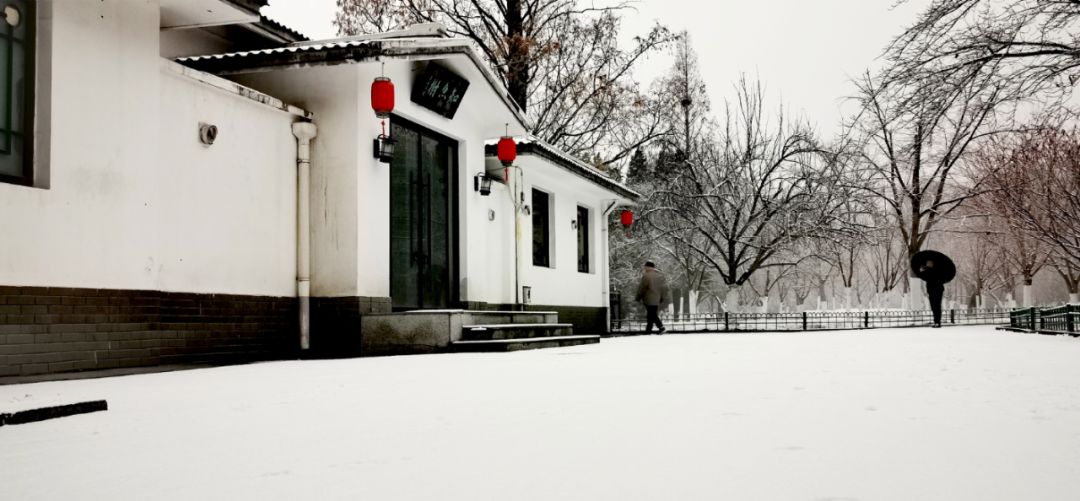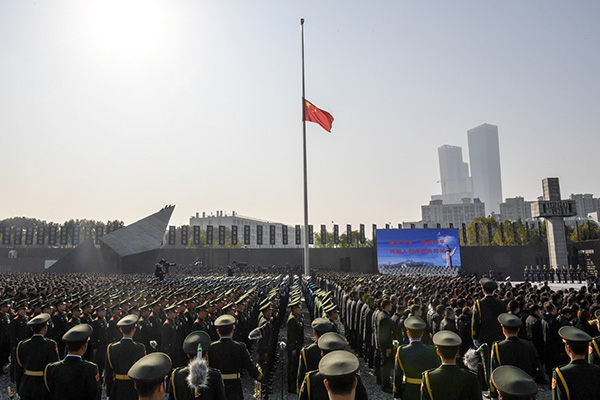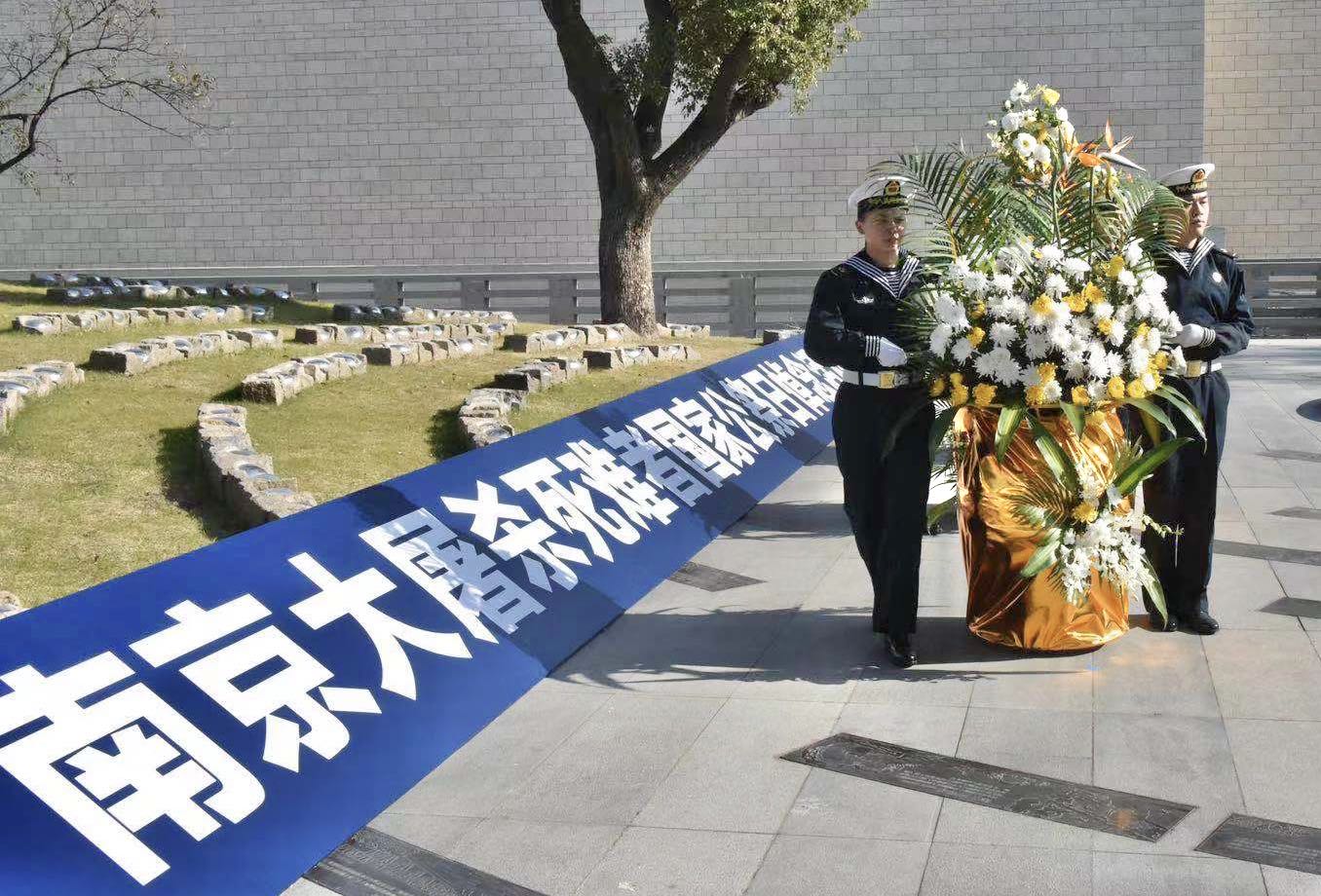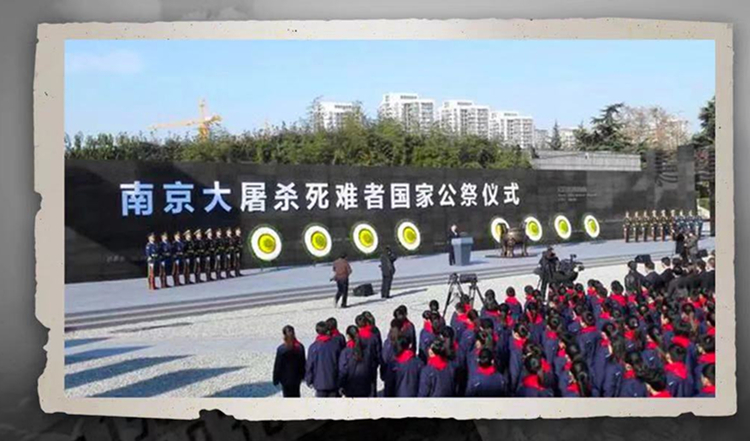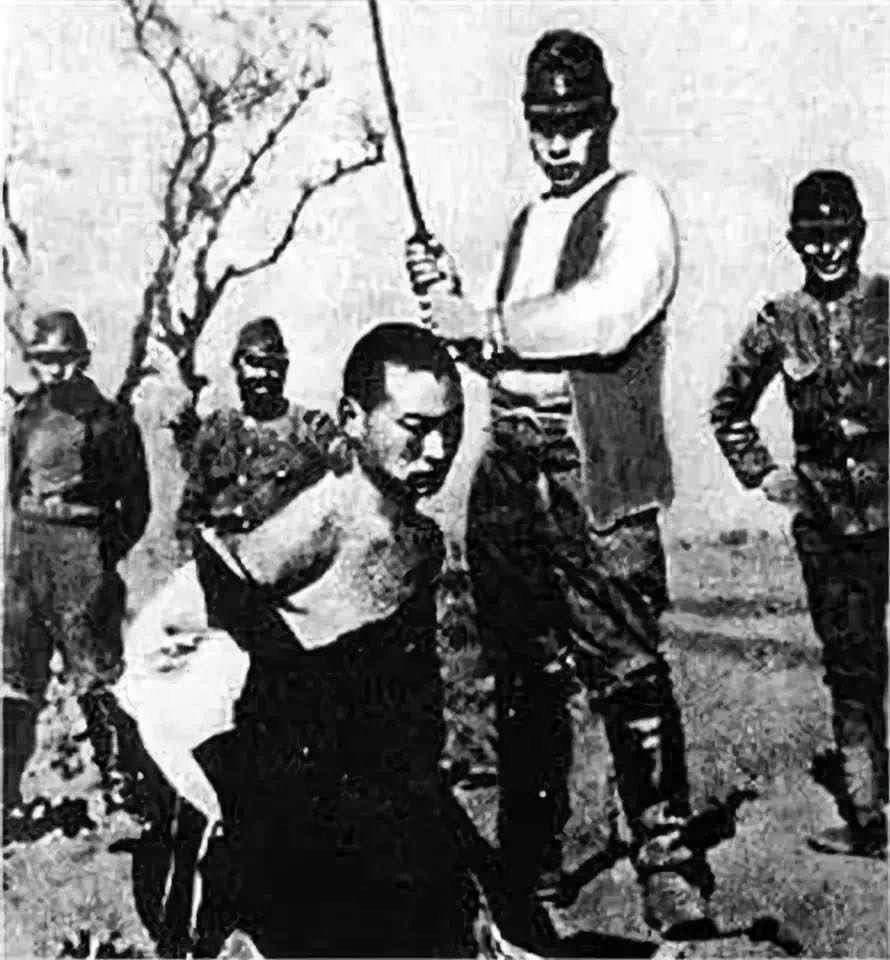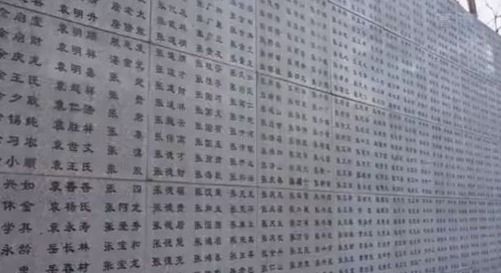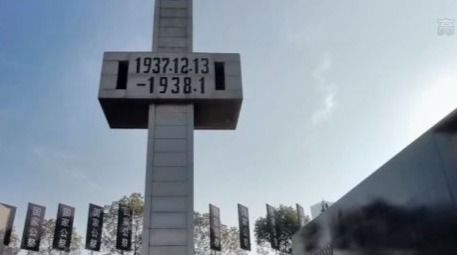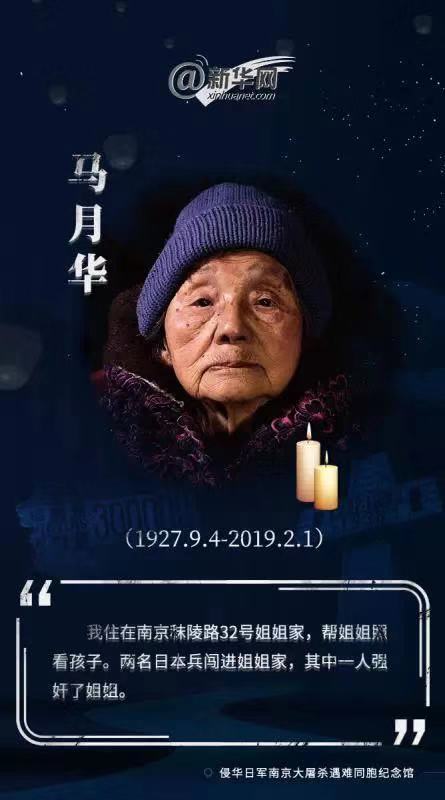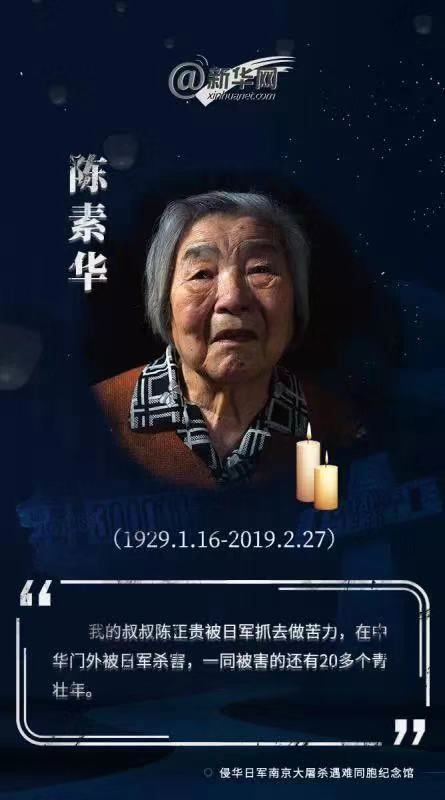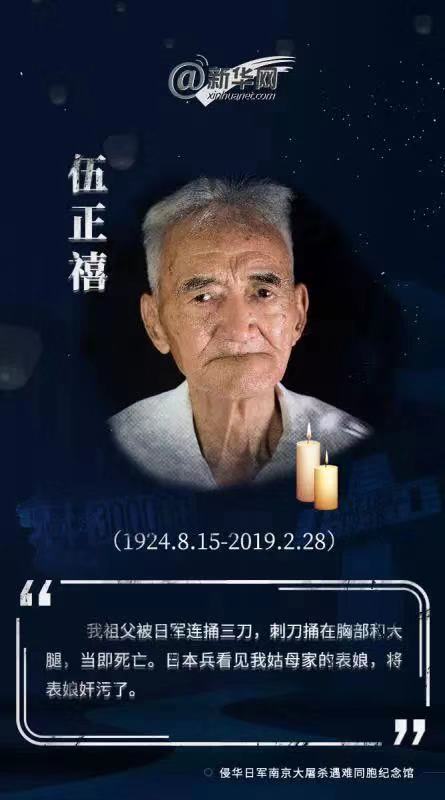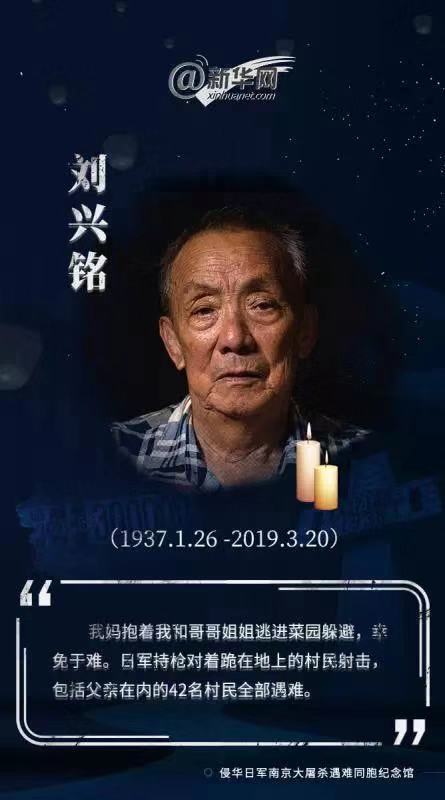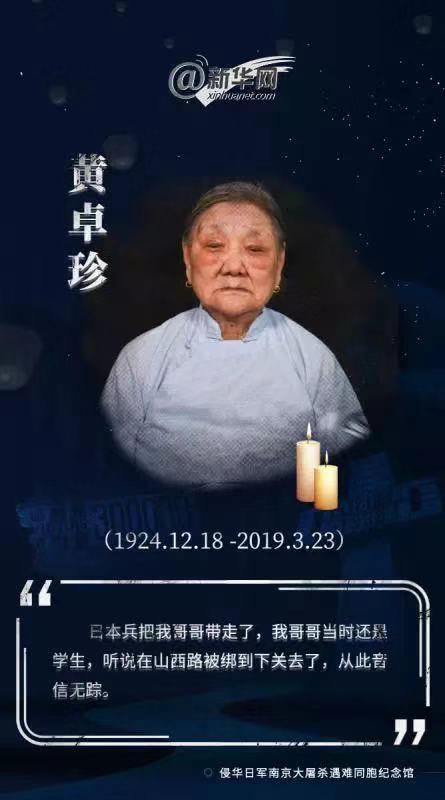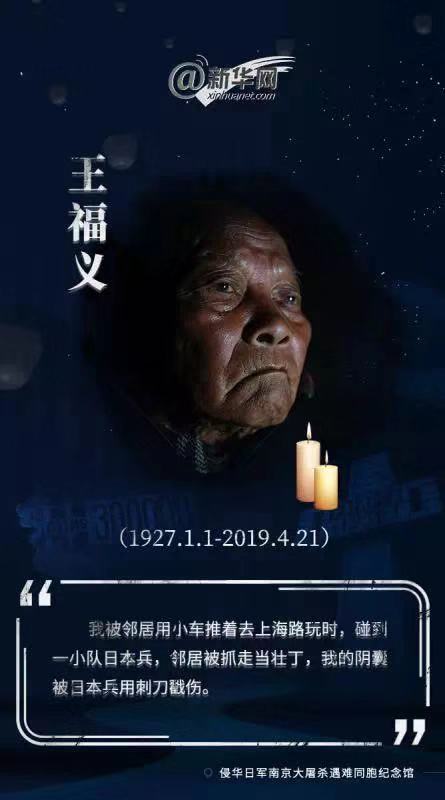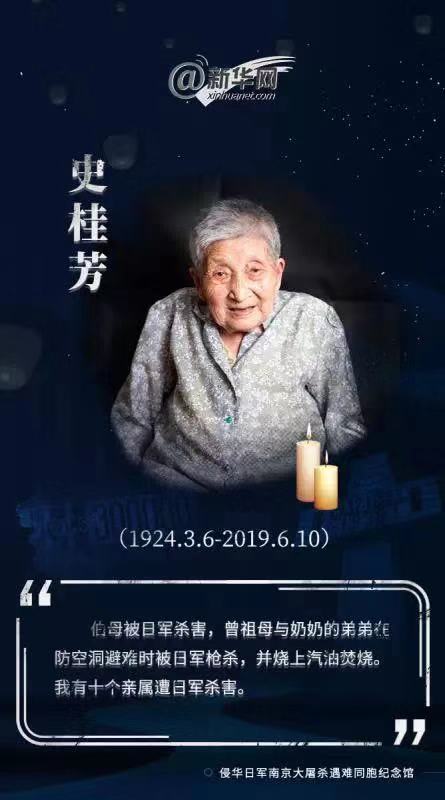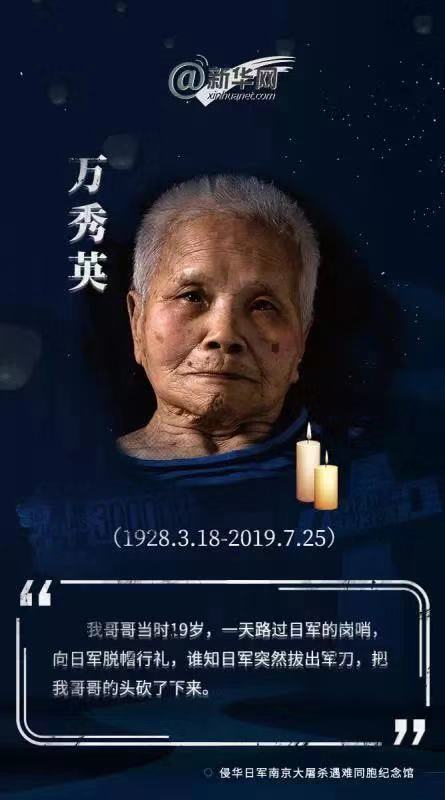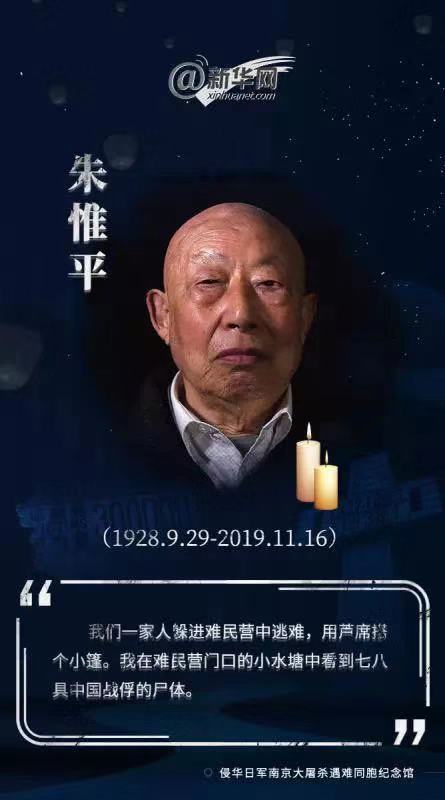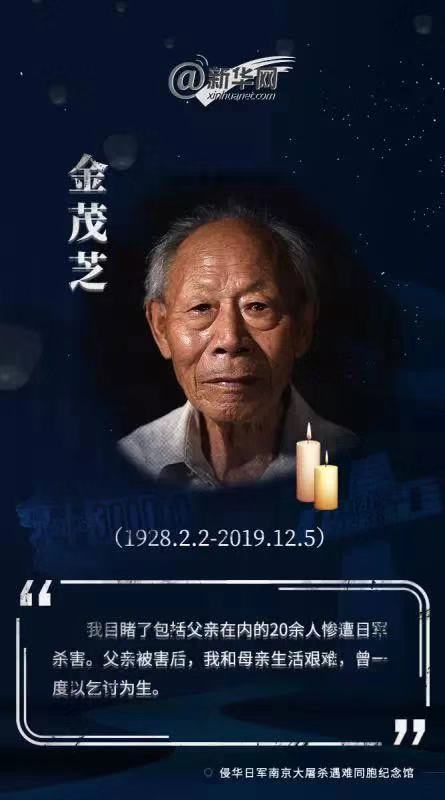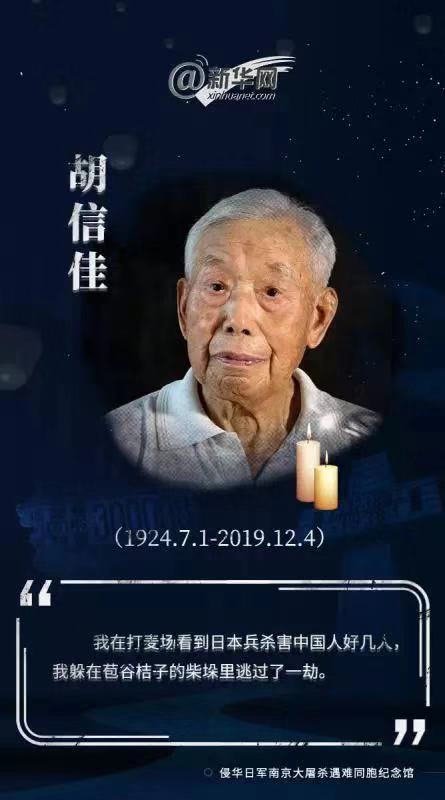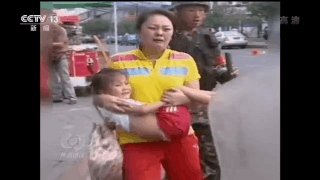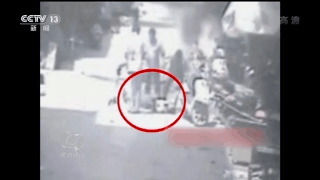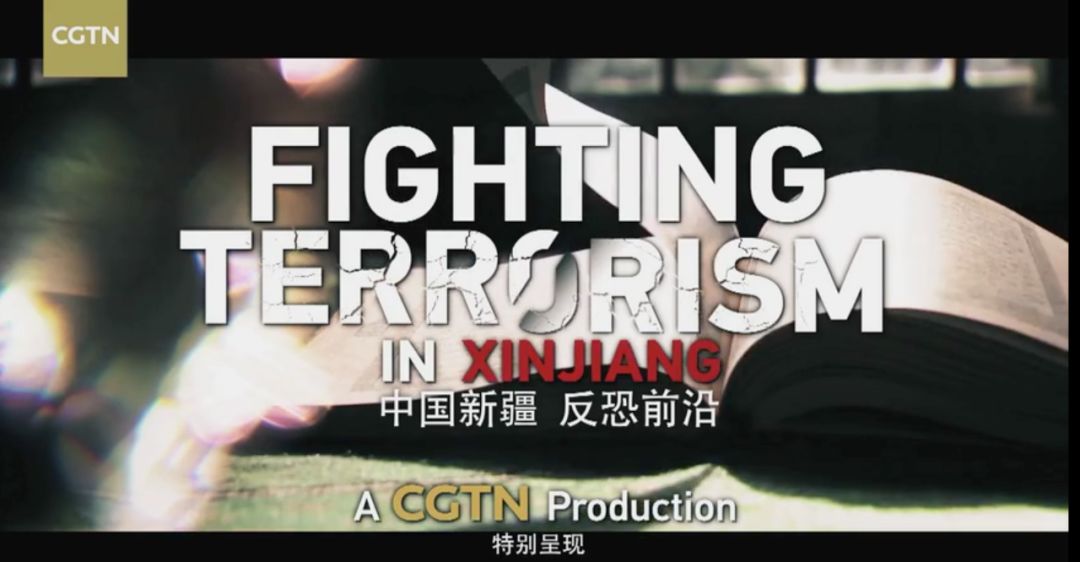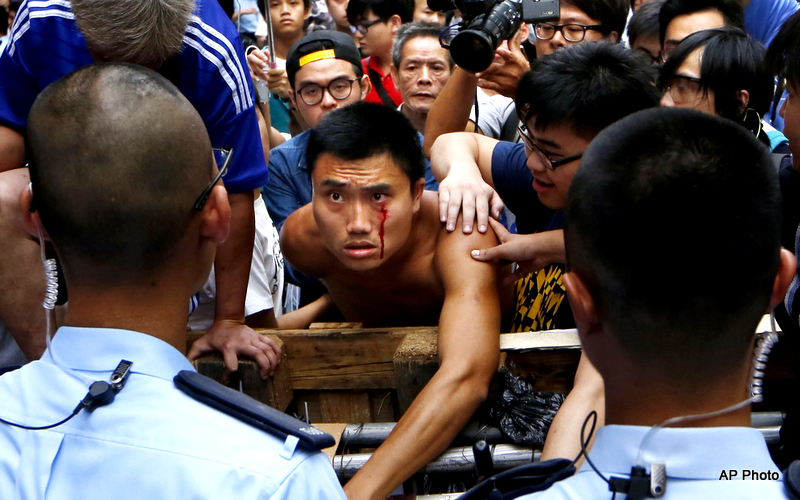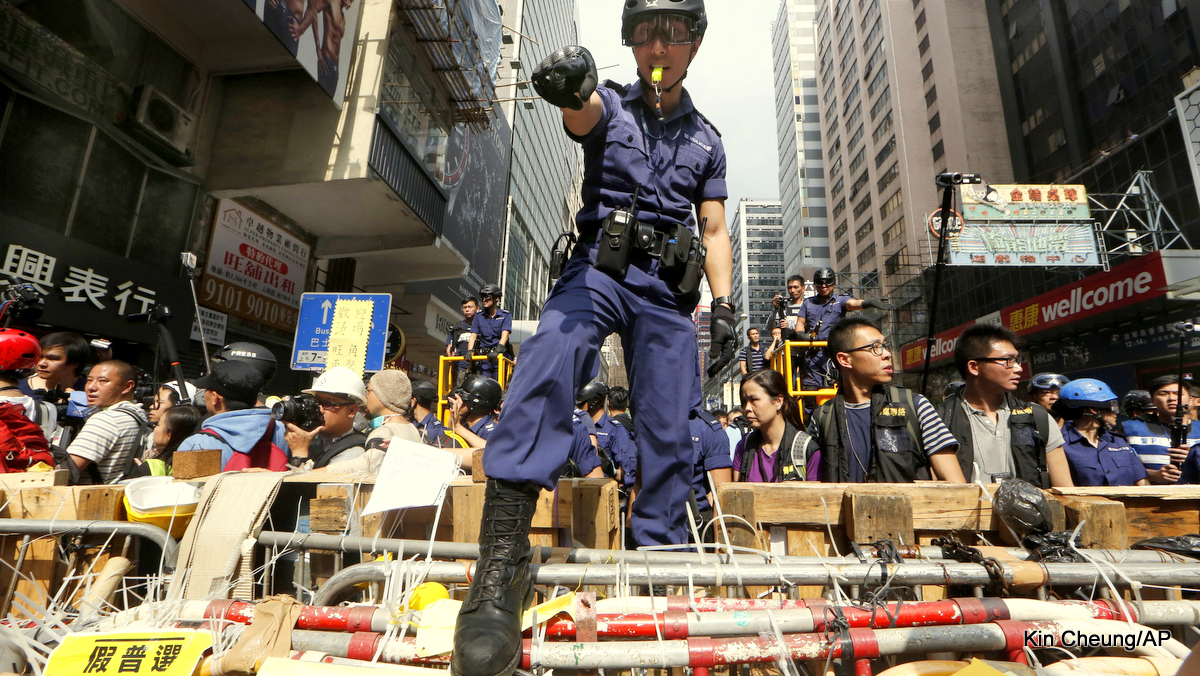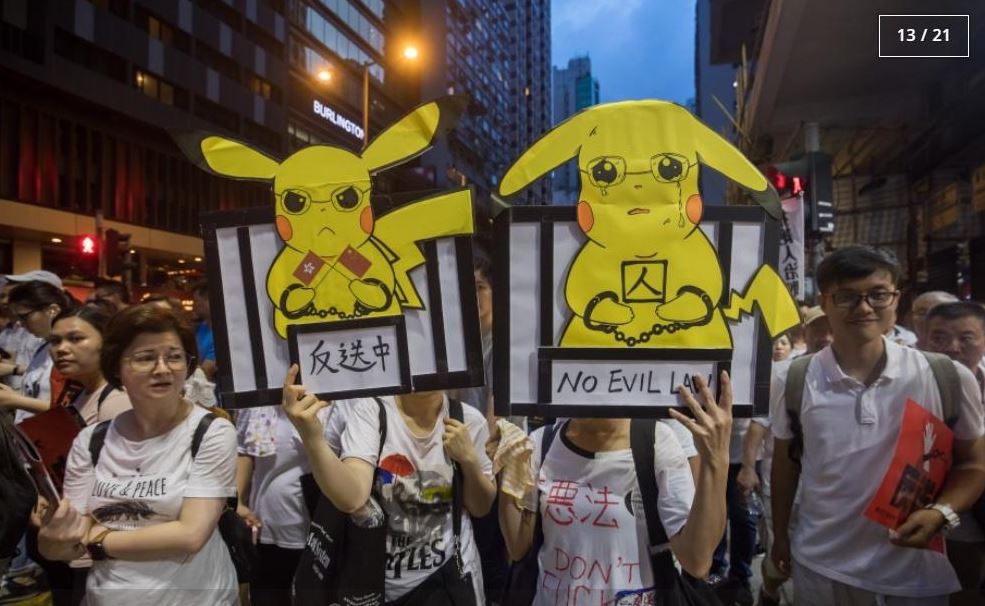It is amazing how easily, without resistance, the Western empire is managing to destroy "rebellious" countries that are standing in its way.
I work in all corners of the planet, wherever Kafkaesque "conflicts" get ignited by Washington, London or Paris.
What I see and describe are not only those horrors which are taking place all around me; horrors that are ruining human lives, destroying villages, cities and entire countries. What I try to grasp is that on the television screens and on the pages of newspapers and the internet, the monstrous crimes against humanity somehow get covered (described), but the information becomes twisted and manipulated to such an extent, that readers and viewers in all parts of the world end up knowing close to nothing about their own suffering, and/or of the suffering of the other.
For instance, in 2015 and in 2019, I tried to sit down and reason with the Hong Kong rioters. It was a truly revealing experience! They knew nothing, absolutely zero about the crimes the West has been committing in places such as Afghanistan, Syria or Libya. When I tried to explain to them, how many Latin American democracies Washington had overthrown, they thought I was a lunatic. How could the good, tender, 'democratic' West murder millions, and bathe entire continents in blood? That is not what they were taught at their universities. That is not what the BBC, CNN or even the China Morning Post said and wrote.
Look, I am serious. I showed them photos from Afghanistan and Syria; photos stored in my phone. They must have understood that this was original, first hand stuff. Still, they looked, but their brains were not capable of processing what they were being shown. Images and words; these people were conditioned not to comprehend certain types of information.
But this is not only happening in Hong Kong, a former British colony.
You will maybe find it hard to believe, but even in a Communist country like Vietnam; a proud country, a country which suffered enormously from both French colonialism and the U.S. mad and brutal imperialism, people that I associated with (and I lived in Hanoi for 2 years) knew close to nothing about the horrendous crimes committed against the poor and defenseless neighboring Laos, by the U.S. and its allies during the so-called "Secret War"; crimes that included the bombing of peasants and water buffalos, day and night, by strategic B-52 bombers. And in Laos, where I covered de-mining efforts, people knew nothing about the same monstrosities that the West had committed in Cambodia; murdering hundreds of thousands of people by carpet bombing, displacing millions of peasants from their homes, triggering famine and opening the doors to the Khmer Rouge takeover.
When I am talking about this shocking lack of knowledge in Vietnam, regarding the region and what it was forced to go through, I am not speaking just about the shop-keepers or garment workers. It applies to Vietnamese intellectuals, artists, teachers. It is total amnesia, and it came with the so-called 'opening up' to the world, meaning with the consumption of Western mass media and later by the infiltration of social media.
At least Vietnam shares borders as well as a turbulent history with both Laos and Cambodia.
But imagine two huge countries with only maritime borders, like the Philippines and Indonesia. Some Manila dwellers I met thought that Indonesia was in Europe.
Now guess, how many Indonesians know about the massacres that the United States committed in the Philippines a century ago, or how the people in the Philippines were indoctrinated by Western propaganda about the entire South East Asia? Or, how many Filipinos know about the U.S.-triggered 1965 military coup, which deposed the internationalist President Sukarno, killing between 2-3 million intellectuals, teachers, Communists and unionists in "neighboring" Indonesia?
Look at the foreign sections of the Indonesian or Filipino newspapers, and what will you see; the same news from Reuters, AP, AFP. In fact, you will also see the same reports in the news outlets of Kenya, India, Uganda, Bangladesh, United Arab Emirates, Brazil, Guatemala, and the list goes on and on. It is designed to produce one and only one result: absolute fragmentation!
***
The fragmentation of the world is amazing, and it is increasing with time. Those who hoped that the internet would improve the situation, grossly miscalculated.
With a lack of knowledge, solidarity has disappeared, too.
Right now, all over the world, there are riots and revolutions. I am covering the most significant ones; in the Middle East, in Latin America, and in Hong Kong.
Let me be frank: there is absolutely no understanding in Lebanon about what is going on in Hong Kong, or in Bolivia, Chile and Colombia.
Western propaganda throws everything into one sack.
In Hong Kong, rioters indoctrinated by the West are portrayed as "pro-democracy protesters". They kill, burn, beat up people, but they are still the West's favorites. Because they are antagonizing the People's Republic of China, now the greatest enemy of Washington. And because they were created and sustained by the West.
In Bolivia, the anti-imperialist President was overthrown in a Washington orchestrated coup, but the mostly indigenous people who are demanding his return are portrayed as rioters.
In Lebanon, as well as Iraq, protesters are treated kindly by both Europe and the United States, mainly because the West hopes that pro-Iranian Hezbollah and other Shi'a groups and parties could be weakened by the protests.
The clearly anti-capitalist and anti-neo-liberal revolution in Chile, as well as the legitimate protests in Colombia, are reported as some sort of combination of explosion of genuine grievances, and hooliganism and looting. Mike Pompeo recently warned that the United States will support right-wing South American governments, in their attempt to maintain order.
All this coverage is nonsense. In fact, it has one and only one goal: to confuse viewers and readers. To make sure that they know nothing or very little. And that, at the end of the day, they collapse on their couches with deep sighs: "Oh, the world is in turmoil!"
***
It also leads to the tremendous fragmentation of countries on each continent, and of the entire global south.
Asian countries know very little about each other. The same goes for Africa and the Middle East. In Latin America, it is Russia, China and Iran who are literally saving the life of Venezuela. Fellow Latin American nations, with the one shiny exception of Cuba, do zero to help. All Latin American revolutions are fragmented. All U.S. produced coups basically go unopposed.
The same situation is occurring all over the Middle East and Asia. There are no internationalist brigades defending countries destroyed by the West. The big predator comes and attacks its prey. It is a horrible sight, as a country dies in front of the world, in terrible agony. No one interferes. Everybody just watches.
One after another, countries are falling.
This is not how states in the 21st Century should behave. This is the law of attraction the jungle. When I used to live in Africa, making documentary films in Kenya, Rwanda, Congo, driving through the wilderness; this is how animals were behaving, not people. Big cats finding their victim. A zebra, or a gazelle. And the hunt would begin: a terrible occurrence. Then the slow killing; eating the victim alive.
Quite similar to the so-called Monroe doctrine.
The Empire has to kill. Periodically. With predictable regularity.
And no one does anything. The world is watching. Pretending that nothing extraordinary is taking place.
One wonders: can legitimate revolution succeed under such conditions? Can any democratically elected socialist government survive? Or does everything decent, hopeful, and optimistic always ends up as the prey to a degenerate, brutal and vulgar empire?
If that is the case, what's the point of playing by the rules? Obviously, the rules are rotten. They exist only in order to uphold the status quo. They protect the colonizers, and castigate the rebellions victims.
But that's not what I wanted to discuss here, today.
My point is: the victims are divided. They know very little about each other. The struggles for true freedom, are fragmented. Those who fight, and bleed, but fight nevertheless, are often antagonized by their less daring fellow victims.
I have never seen the world so divided. Is the Empire succeeding, after all?
Yes and no.
Russia, China, Iran, Venezuela – they have already woken up. They stood up. They are learning about each other, from each other.
Without solidarity, there can be no victory. Without knowledge, there can be no solidarity.
Intellectual courage is now clearly coming from Asia, from the "East". In order to change the world, Western mass media has to be marginalized, confronted. All Western concepts, including "democracy", "peace", and "human rights" have to be questioned, and redefined.
And definitely, knowledge.
We need a new world, not an improved one.
The world does not need London, New York and Paris to teach it about itself.
Fragmentation has to end. Nations have to learn about each other, directly. If they do, true revolutions would soon succeed, while subversions and fake color revolutions like those in Hong Kong, Bolivia and all over the Middle East, will be regionally confronted, and prevented from ruining millions of human lives.
Andre Vltchek is philosopher, novelist, filmmaker and investigative journalist. He's a creator of Vltchek's World in Word and Images , and a writer that penned a number of books, including China and Ecological Civilization. He writes especially for the online magazine "New Eastern Outlook."
